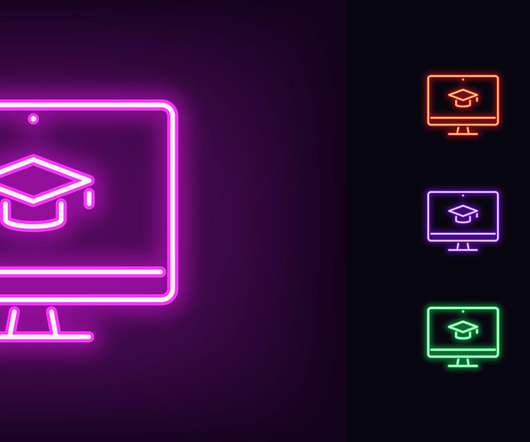Tonight - A True History of the MOOC
The Learning Revolution Has Begun
SEPTEMBER 26, 2012
Join me today, Wednesday, September 26th, for a one-hour live and interactive FutureofEducation.com webinar on the "true history" of the Massive Open Online Course (MOOC) with Dave Cormier, Alec Couros, Stephen Downes, Rita Kop, Inge de Waard, and Carol Yeager. His educational journey started in 1998 teaching little children to speak English.



























Let's personalize your content